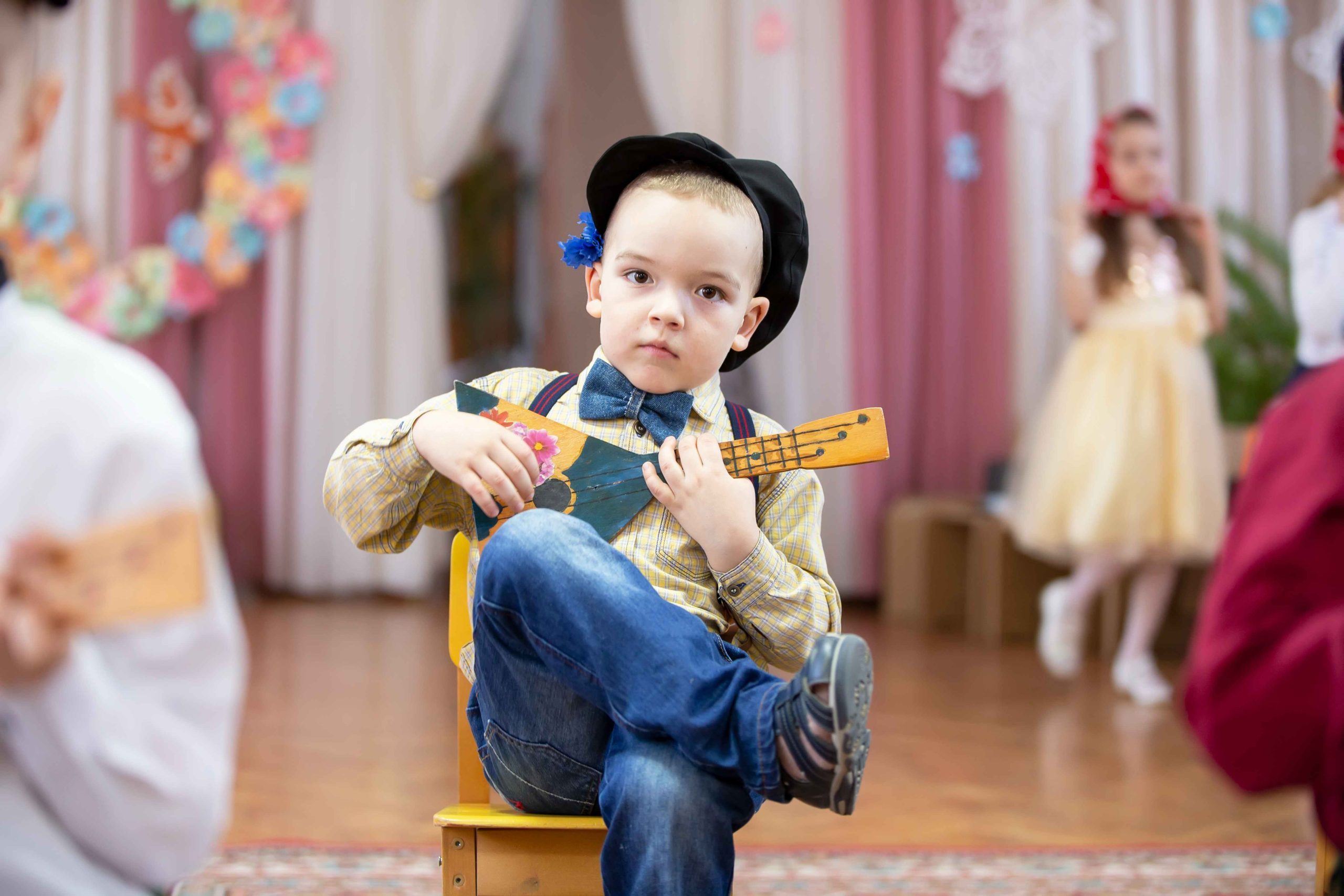
The Power of Preschool Music: Enhancing Brain Growth in Young Preschoolers
Music is an integral part of human culture and society, and it plays a crucial role in the development of preschoolers. Early childhood is a vital period for brain growth and development; consequently, exposure to music during this time can profoundly impact cognitive, emotional, and social development. This article explores the effects of preschool music on brain growth and development, detailing how music can enhance cognitive abilities and improve social and emotional skills.
Music’s Influence on Brain Development
Studies demonstrate that music can influence brain development in young preschoolers. Musical experiences stimulate various brain areas; for instance, the prefrontal cortex is responsible for attention and decision-making, while the temporal lobes are involved in language processing and memory. Moreover, music enhances neural connections between brain regions, improving cognitive and social skills.
Impact on Memory
Music also improves memory in preschoolers by engaging brain areas responsible for memory formation and recall. Exposure to music enhances memory skills, particularly in learning and retaining new information over time.
Language Development
Musical experiences improve language processing and communication skills in preschoolers, fostering phonological awareness—the ability to recognize and manipulate sounds in language.
Social and Emotional Skills
Music significantly impacts the social and emotional development of preschoolers by stimulating neurotransmitters associated with pleasure and social bonding. Additionally, it enhances emotional regulation and promotes positive social interactions and cooperation.
Motor Skills Development
Music positively influences motor skills, enhancing hand-eye coordination, fine and gross motor skills, crucial for tasks like writing, drawing, and physical coordination.
Cultural Awareness
Exposure to diverse musical styles enhances preschoolers’ understanding and appreciation of cultural diversity, promoting cultural awareness, empathy, and identity development.
Stress Reduction
Music serves as a powerful tool for reducing stress and promoting relaxation in preschoolers by lowering cortisol levels associated with stress.
Parent-Child Bonding
Music promotes parent-child bonding by creating positive shared experiences and opportunities for meaningful conversations, fostering language development and communication skills.
Summary
Preschool music significantly influences brain growth, cognitive, social-emotional, and motor skills development, as well as cultural awareness and stress reduction. Incorporating music into preschool curriculums and daily activities can profoundly impact young children’s growth and development, setting a strong foundation for future success.


